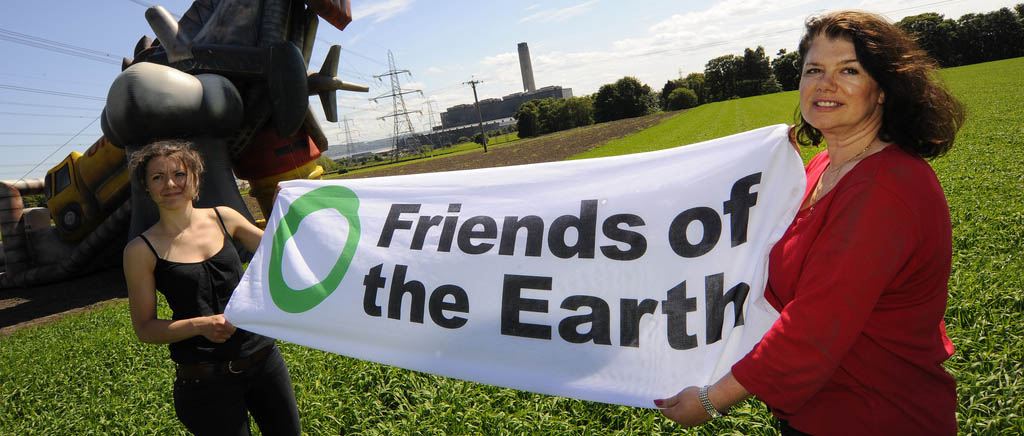Brussels, 24 July 2008 – The European Food Safety Authority (EFSA) yesterday issued its revised opinion on Bisphenol A and confirmed a five-fold increase in the authorised daily intake of this chemical [1], a move condemned by Friends of the Earth Europe.
The environment group says EFSA’s decision, which equally applies to pregnant women and infants, is based on flawed assumptions and is in complete opposition to the scientific consensus on BPA. [2] More than 180 studies showing the adverse effects of low dose exposure of BPA on rats were not considered applicable to humans by EFSA.
Bisphenol A, which is found in consumer goods such as baby bottles, plastic microwave food containers and canned food linings, has proven links with a wide range of health disorders from infertility and breast and prostate cancer, to thyroid malfunction, attention deficit syndrome and recurrent miscarriage.
David Azoulay, coordinator of the safer chemicals campaign for Friends of the Earth Europe said: “EFSA has again ignored overwhelming scientific evidence. A panel which lacks the necessary expertise and impartiality is saying it knows better than specialists on the substance who are calling for a precautionary approach.
“This decision leaves consumers at risk and again highlights the grave flaws of European health and safety assessments for food and chemicals in contact with food, and the need for a complete review of this system.”
***
NOTES:
[1] http://www.efsa.europa.eu/EFSA/efsa_locale-1178620753812_1211902017373.htm
[2] Friend’s of the Earth Europe’s report ‘Blissfully unaware of BPA: Reasons why regulators should live up to their responsibilities’ is available online: http://www.foeeurope.org/safer_chemicals/Blissfully_unaware_of_BPA_report.pdf






